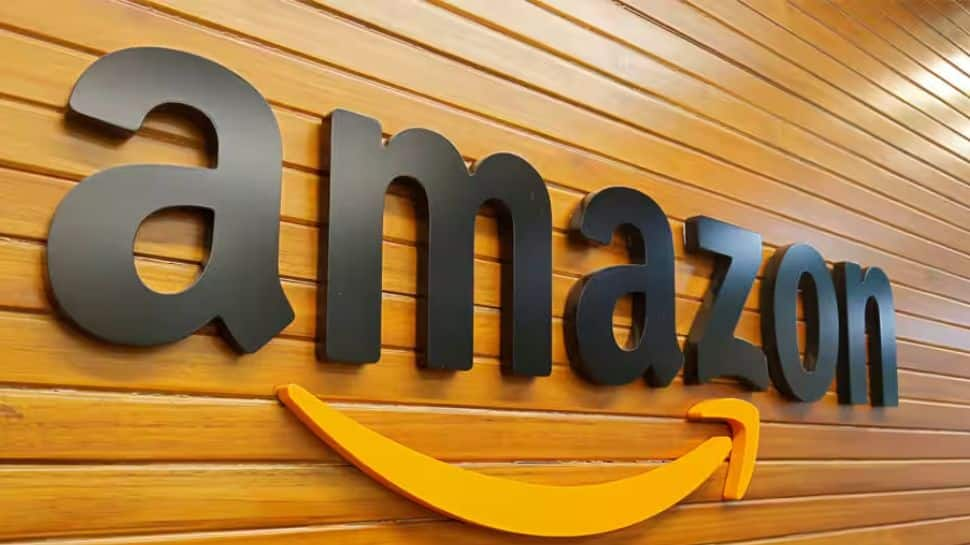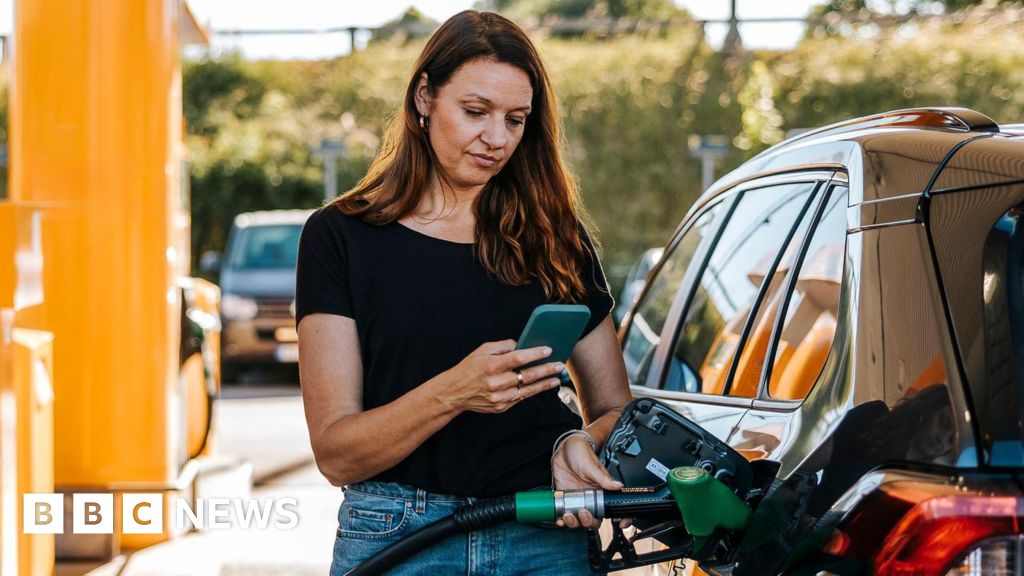Business
Amazon Plans To Use Robots To Replace More Than Half-a-Million US jobs: Report

Amazon.com Inc., America’s second-largest employer, is gearing up for a major workplace shift by planning to replace more than half a million U.S. jobs with robots, according to the New York Times. The report, based on internal documents and executive interviews, suggests the e-commerce giant is moving toward a more automated future.//
Automation Set to Transform Amazon’s Workforce
Since 2018, Amazon’s U.S. workforce has nearly tripled to around 1.2 million. But the company’s automation team predicts that robots could eliminate the need to hire more than 160,000 employees by 2027. According to the report, this shift could save roughly 30 cents per item in processing costs—from picking and packing to delivery—and slash up to $12.6 billion in operational expenses between 2025 and 2027.
Robots Could Slow Hiring Growth
Last year, Amazon executives told the company’s board that robotic automation could help manage hiring needs, even as sales are expected to double by 2033. With this strategy, the company may avoid hiring more than 600,000 additional employees, the report added.
Amazon’s Push Toward High-Tech Warehouses
Amazon is working to design warehouses that rely very little on human workers. Internal documents reveal that the company’s robotics team aims to automate up to 75 per cent of operations. Interestingly, the documents avoid terms like “automation” or “artificial intelligence,” instead using phrases like “advanced technology” or “cobot,” a term that suggests robots working alongside humans.
Amazon Responds to Report
In response to the New York Times report, Amazon spokeswoman Kelly Nantel said the leaked documents were incomplete and didn’t represent the company’s overall hiring plans. She noted that Amazon still intends to hire 250,000 people for the upcoming holiday season, though the number of permanent roles wasn’t disclosed. The company also denied directing executives to avoid certain terms and clarified that its community programs are unrelated to automation.
The Rise of Amazon Robotics
Amazon’s push for automation started in 2012 with its $775 million acquisition of robotics company Kiva Systems, transforming the way its warehouses operate. Its newest robotic facility in Shreveport, Louisiana, serves as a model for future fulfillment centers, where human involvement is kept to a minimum once packaging begins, according to the report.
Business
Will petrol and diesel prices go up now?

There might also be a more direct impact on food. “Some elements of crude oil are used in fertiliser, and so there could be a cost implication in terms of food prices,” Benjamin Goodwin, partner at banking advisory firm PRISM Strategic Intelligence told the BBC.
Business
Gold Price Jumps Rs13,300 Per Tola in Pakistan – SUCH TV

Gold prices in Pakistan surged sharply on Monday, with the price of 24-karat gold rising by Rs13,300 per tola, according to the All Pakistan Sarafa Gems and Jewellers Association.
The new price of 24-karat gold per tola stands at Rs563,862, up from Rs550,562.
Updated Gold Rates
24K gold (per 10 grams):
Increased by Rs11,402 to Rs483,420
22K gold (per 10 grams):
Rose by Rs10,453 to Rs443,151
Silver Prices Also Rise
Silver (per tola):
Up Rs188 to Rs10,050
Silver (per 10 grams):
Increased by Rs161 to Rs8,616
International Market Impact
The surge in domestic prices follows gains in the international market, where gold climbed by $133 to $5,411 per ounce, while silver rose by $1.88 to $95.66 per ounce.
Analysts attribute the rally to global economic uncertainty and heightened geopolitical tensions, which typically drive investors toward safe-haven assets like gold.
Business
One in five UK grocery trips involves at least one missing item – report

One in five UK grocery trips involves at least one missing item, adding up to roughly £2.1 billion in “displaced” sales, according to a report.
As a result, 44% of consumers say they have switched to another supermarket or added in a visit to an alternative grocer in the past year to find an item they need – rising to almost two thirds of shoppers under 45, a study by DHL Supply Chain and the consultancy Retail Economics found.
Almost six in 10 shoppers (59%) said availability is a main reason they shop across multiple stores, and one in three now prioritised availability over price, a survey of 2,000 UK households suggests.
Meanwhile, convenience stores accounted for around one fifth of grocery sales but made up almost half of all displaced spending because of gaps on shelves.
Some 63% of shoppers believe availability is worse in convenience stores.
Nick Archer, managing director of convenience and consumer at DHL Supply Chain, said: “The research shows that even small stock gaps can have a significant impact on how shoppers feel about a retailer.
“Despite the pressure on shoppers’ wallets, loyalty is being driven by more than price.
“In a market where customers can switch stores with ease, availability is much more than an operational metric. Being competitive in today’s market requires precision.”
Retail Economics chief executive Richard Lim said: “In today’s environment of busy lifestyles, hybrid working and smaller, more frequent shopping trips, customers expect to find what they need quickly and easily.
“This is not only limited to grocery, but in all retail sectors, from fashion to beauty.
“Convenience comes down to having products there when the customer needs them, and availability has become the clearest sign of reliability.
“Retailers who get it right will be the ones who earn trust and lasting loyalty.”
-

 Politics1 week ago
Politics1 week agoPakistan carries out precision strikes on seven militant hideouts in Afghanistan
-

 Tech1 week ago
Tech1 week agoThese Cheap Noise-Cancelling Sony Headphones Are Even Cheaper Right Now
-

 Sports1 week ago
Sports1 week agoKansas’ Darryn Peterson misses most of 2nd half with cramping
-

 Entertainment1 week ago
Entertainment1 week agoViral monkey Punch makes IKEA toy global sensation: Here’s what it costs
-
Sports1 week ago
Mike Eruzione and the ‘Miracle on Ice’ team are looking for some company
-

 Entertainment1 week ago
Entertainment1 week agoSaturday Sessions: Say She She performs "Under the Sun"
-

 Business6 days ago
Business6 days agoHouseholds set for lower energy bills amid price cap shake-up
-

 Politics1 week ago
Politics1 week agoTrump says he will raise US global tariff rate from 10% to 15%, following court ruling

















